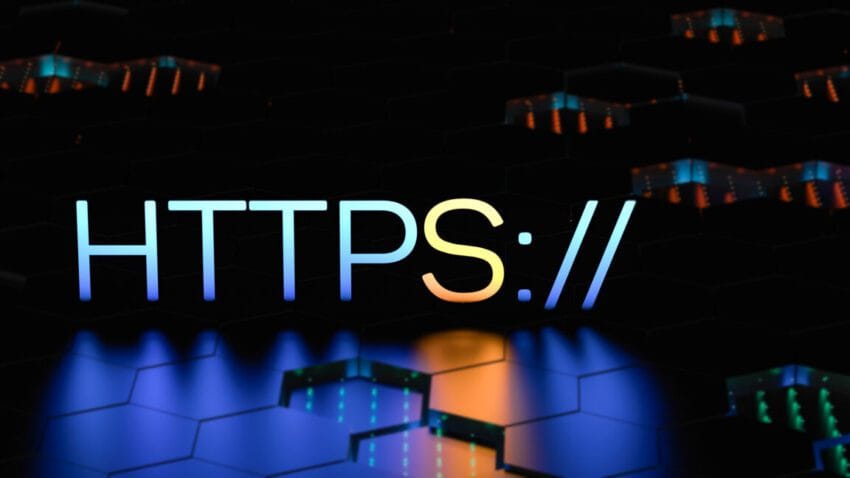
mis-issued certificates for 1 1 1 1 — Security experts are raising significant concerns regarding the issuance of three TLS certificates for 1.1.1.1, a popular DNS service provided by Cloudflare in collaboration with the Asia Pacific Network Information Centre (APNIC)..
Security experts are raising significant concerns regarding the issuance of three TLS certificates for 1.1.1.1, a popular DNS service provided by Cloudflare in collaboration with the Asia Pacific Network Information Centre (APNIC).
mis-issued certificates for 1 1 1 1
Background on 1.1.1.1 and Its Importance
mis-issued certificates for 1 1 1 1: key context and updates inside.
The IP address 1.1.1.1 is known as one of the fastest public DNS resolvers available, offering users a secure and private way to browse the Internet. Launched in April 2018, this service has gained traction due to its commitment to user privacy and performance. Cloudflare, a prominent content delivery network (CDN), partnered with APNIC to provide this service, which has since become a staple for many Internet users seeking an alternative to traditional DNS services.
DNS, or Domain Name System, is a critical component of the Internet, translating human-readable domain names into IP addresses that computers use to identify each other on the network. The introduction of DNS over HTTPS (DoH) has further enhanced this process by encrypting DNS queries, thereby preventing eavesdropping and manipulation by third parties. This encryption is particularly important in an era where data privacy is increasingly at risk.
The Issuance of Mis-issued Certificates
In May 2025, three TLS certificates were issued for the 1.1.1.1 DNS service. However, it wasn’t until recently that their existence became widely known, following a post on an online discussion forum. The certificates were issued by Fina RDC 2020, a certificate authority (CA) that operates under the Fina Root CA. This root CA is recognized by the Microsoft Root Certificate Program, which determines the trustworthiness of certificates used by the Windows operating system.
At the time of the announcement, the certificates remained valid, raising alarms among security professionals. The implications of these mis-issued certificates are profound, as they can potentially be exploited to decrypt domain lookup queries that are otherwise protected by DNS over HTTPS.
Technical Implications
The primary concern surrounding these certificates is their ability to decrypt encrypted DNS queries. When a user queries a domain name, the request is typically sent over an encrypted channel, ensuring that third parties cannot intercept or manipulate the data. However, with the mis-issued certificates, an attacker could potentially decrypt this information, exposing sensitive user data and browsing habits.
Moreover, there are fears that these certificates could be leveraged to undermine other sensitive services, such as WARP, a VPN service offered by Cloudflare. WARP is designed to enhance user privacy and security by routing Internet traffic through Cloudflare’s network. If the certificates are misused, they could compromise the integrity of WARP, putting users at risk.
Key Failures in the Certificate Issuance Process
The issuance of these certificates raises questions about the security protocols and processes in place at Fina RDC 2020 and Fina Root CA. Certificate authorities play a crucial role in the security of the Internet, as they are responsible for verifying the identities of entities requesting certificates. A failure in this process can lead to significant vulnerabilities, as seen in this case.
Security experts have pointed out that the issuance of these certificates reflects a breakdown in the trust model that underpins the Internet. When a certificate authority issues a certificate without proper verification, it not only jeopardizes the specific service in question but also erodes trust in the entire certificate issuance system.
Stakeholder Reactions
The reaction from the cybersecurity community has been swift and critical. Many experts have expressed their concerns regarding the potential for abuse of these certificates. Some have called for immediate action to revoke the certificates and implement stricter oversight on certificate authorities to prevent similar incidents in the future.
Cloudflare, in response to the situation, has stated that they are investigating the matter and are committed to ensuring the security of their services. The company has emphasized the importance of user privacy and the need for robust security measures in the face of such vulnerabilities.
Broader Implications for Internet Security
This incident highlights the ongoing challenges in Internet security, particularly concerning the trustworthiness of certificate authorities. As more services adopt encryption to protect user data, the role of CAs becomes increasingly critical. A single mis-issued certificate can have cascading effects, undermining the security of multiple services and eroding user trust.
Furthermore, this situation underscores the need for greater transparency and accountability within the certificate issuance process. Stakeholders across the Internet ecosystem, including service providers, certificate authorities, and regulatory bodies, must collaborate to establish more rigorous standards and practices.
The Future of DNS Security
As the Internet continues to evolve, the importance of securing DNS queries will only increase. The adoption of DNS over HTTPS is a step in the right direction, but incidents like this serve as a reminder that encryption alone is not sufficient. The integrity of the certificate issuance process is equally critical.
Moving forward, the Internet community must prioritize the development of more secure and reliable certificate authorities. This includes implementing stricter verification processes, enhancing monitoring of certificate issuance, and fostering a culture of accountability among CAs.
Conclusion
The issuance of mis-issued TLS certificates for the 1.1.1.1 DNS service poses a significant threat to Internet security. As experts continue to analyze the implications of this incident, it is clear that the trust model underpinning the Internet is at risk. Stakeholders must take immediate action to address these vulnerabilities and work towards a more secure future for all Internet users.
Source: Original report
Related: More technology coverage
Further reading: related insights.
Was this helpful?
Last Modified: September 8, 2025 at 6:36 pm
15 views















